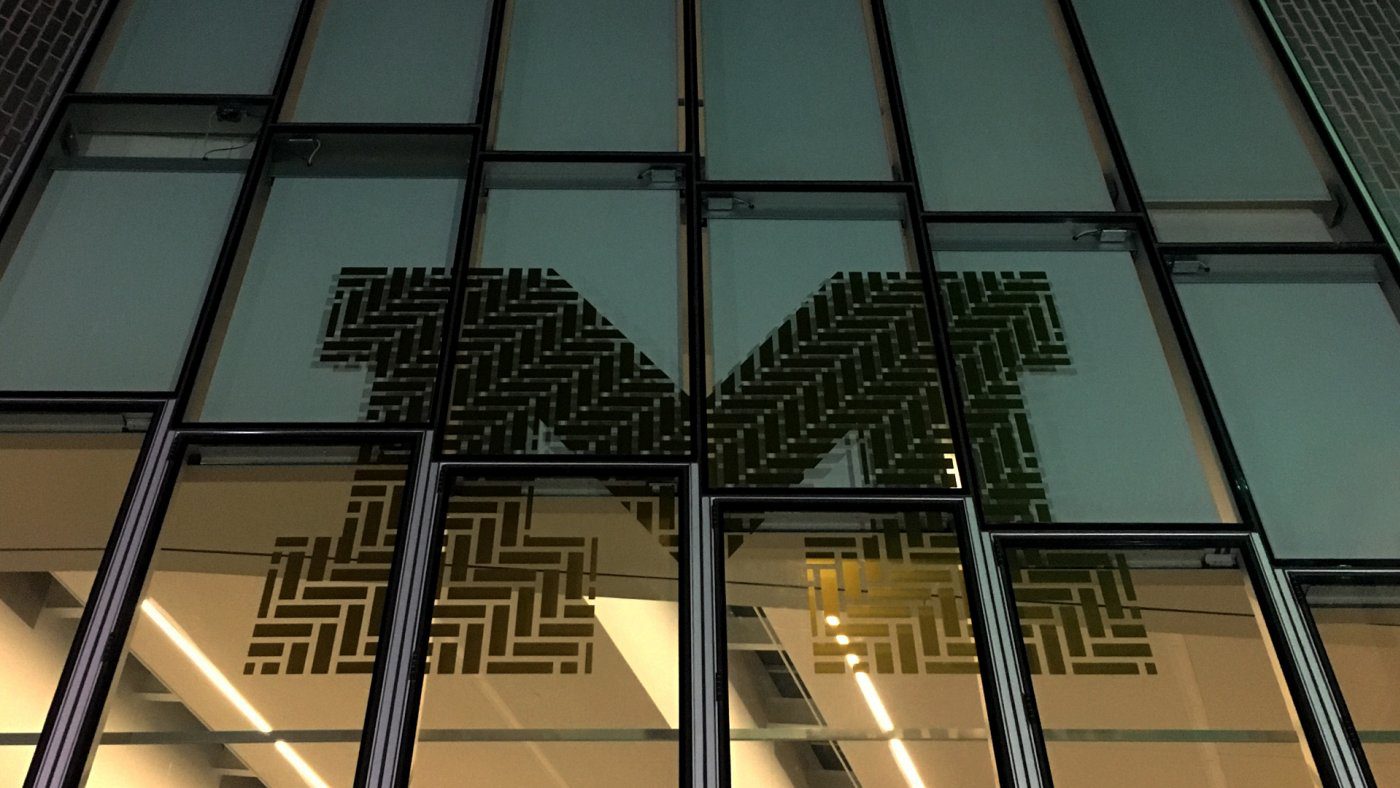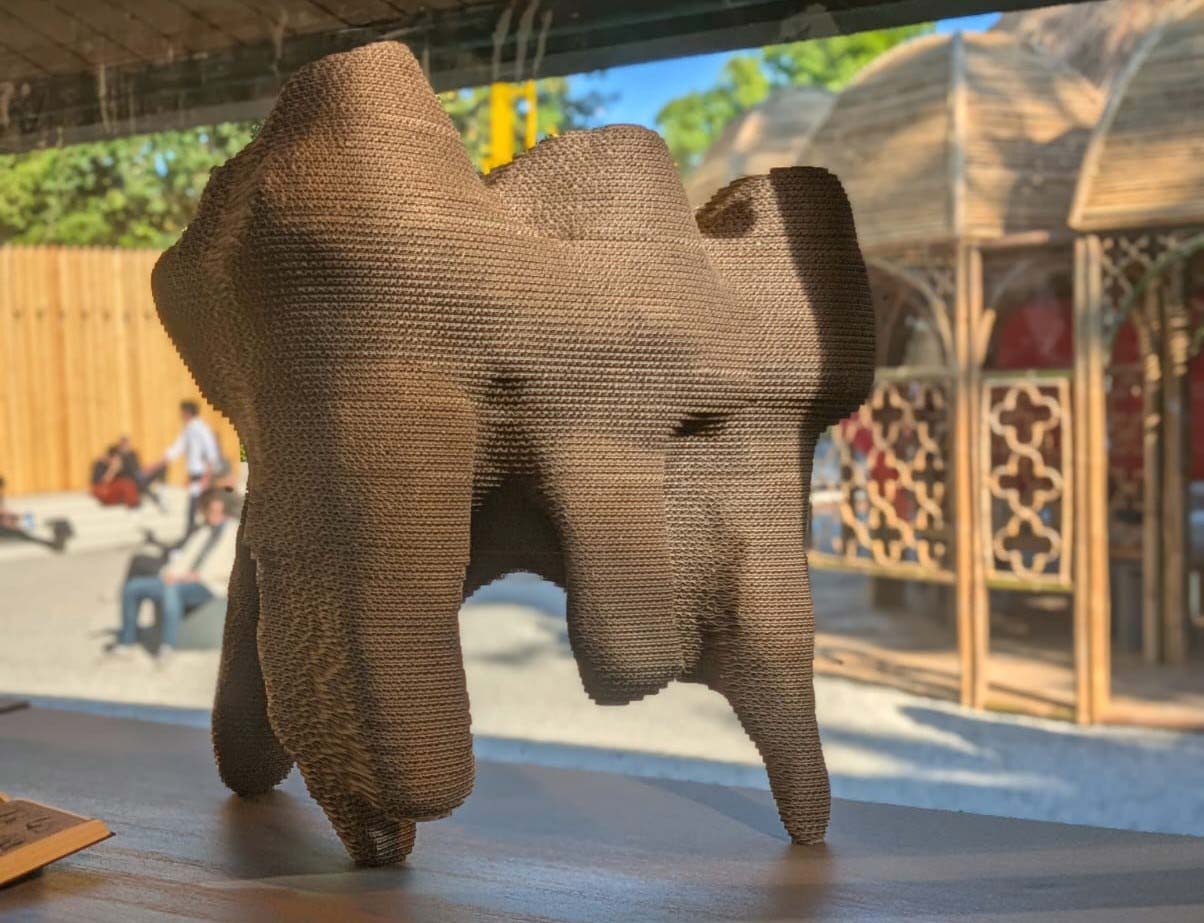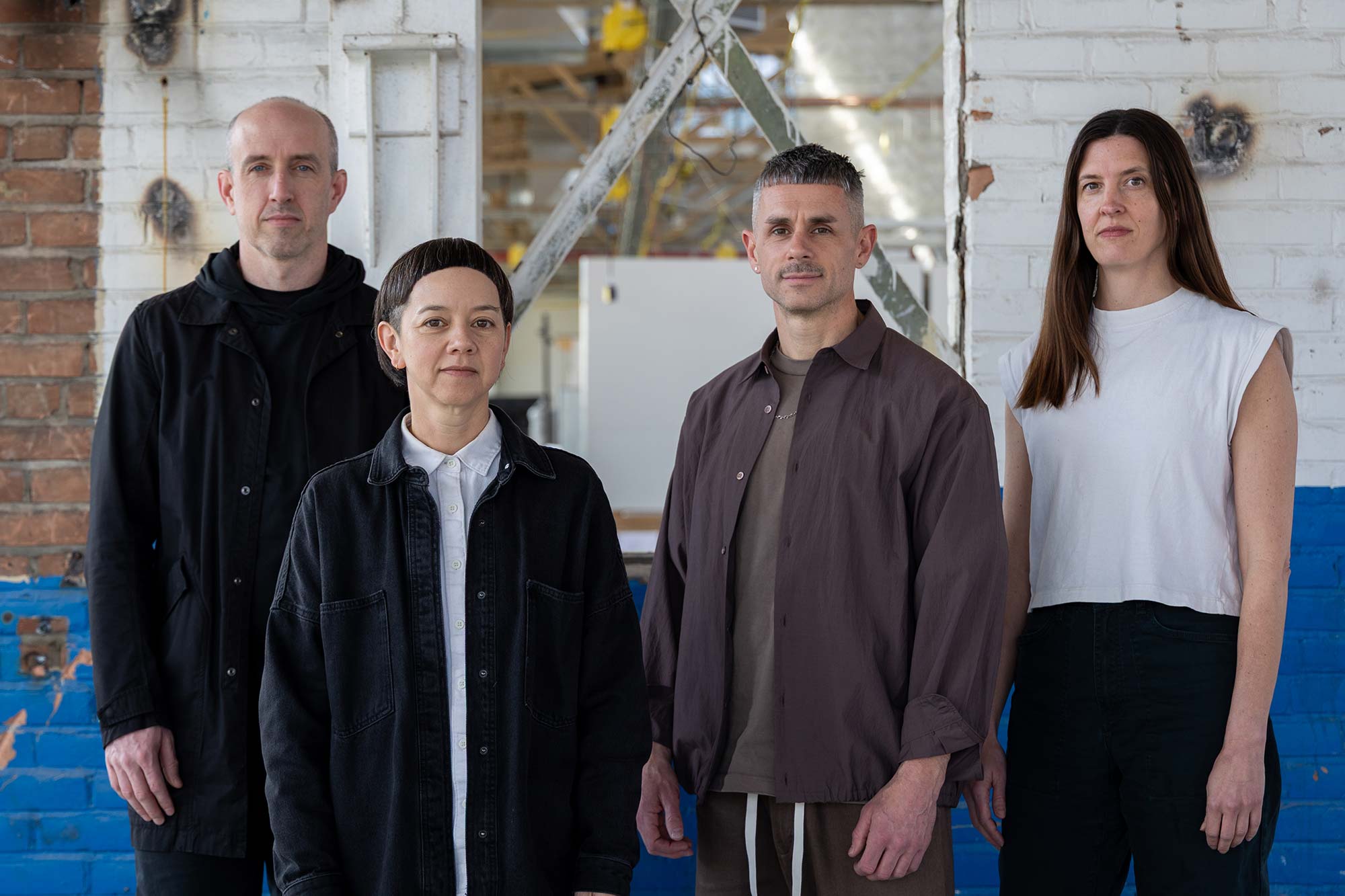
Statement about Anti-Asian and Asian American Racism and Shooting Deaths in Atlanta
Since the beginning of the COVID-19 pandemic, the United States has witnessed an uptick in anti-Asian hate and violence, with “Stop AAPI Hate” reporting over 3,200 incidents. This is mostly a result of the racial stigmatization that blames COVID-19 on Asian and Asian Americans. This week, we witnessed another terrible attack on the Asian community in Georgia. Six of the eight people killed were Asian women working at Asian-owned businesses. Although details are still developing, it is clear that the Asian and Asian American community is suffering greatly from this violent attack.
This violence and hate is not new to the Asian and Asian American communities. The United States has a history of anti-Asian rhetoric and policies. From the Chinese Exclusion Act of 1882 to the Japanese Internment Camps in the 1940s, Asians and Asian Americans were subjected to a double standard of being blamed for the ills of this country while at the same time being the model minority. Anti-Asian racism impacts the Asian community directly, and all of us indirectly as it perpetuates the systemic racism we are trying to dismantle.
To our Asian and Asian American community: We see you and value you. You are a welcome and vital part of the Taubman College community.
To all of us: Let’s continue our anti-racism work, in the classroom and beyond.
In the words of American poet Emma Lazarus, “none of us are free until all of us are free.”
In solidarity,
Taubman College Leadership Team
__
Related statement from U-M President Mark Schlissel
For those who need mental health support, students can receive help through CAPS and faculty and staff through FASCCO. Reports can also be made through the Campus Climate Support resources or the Division of Public Safety and Security.









